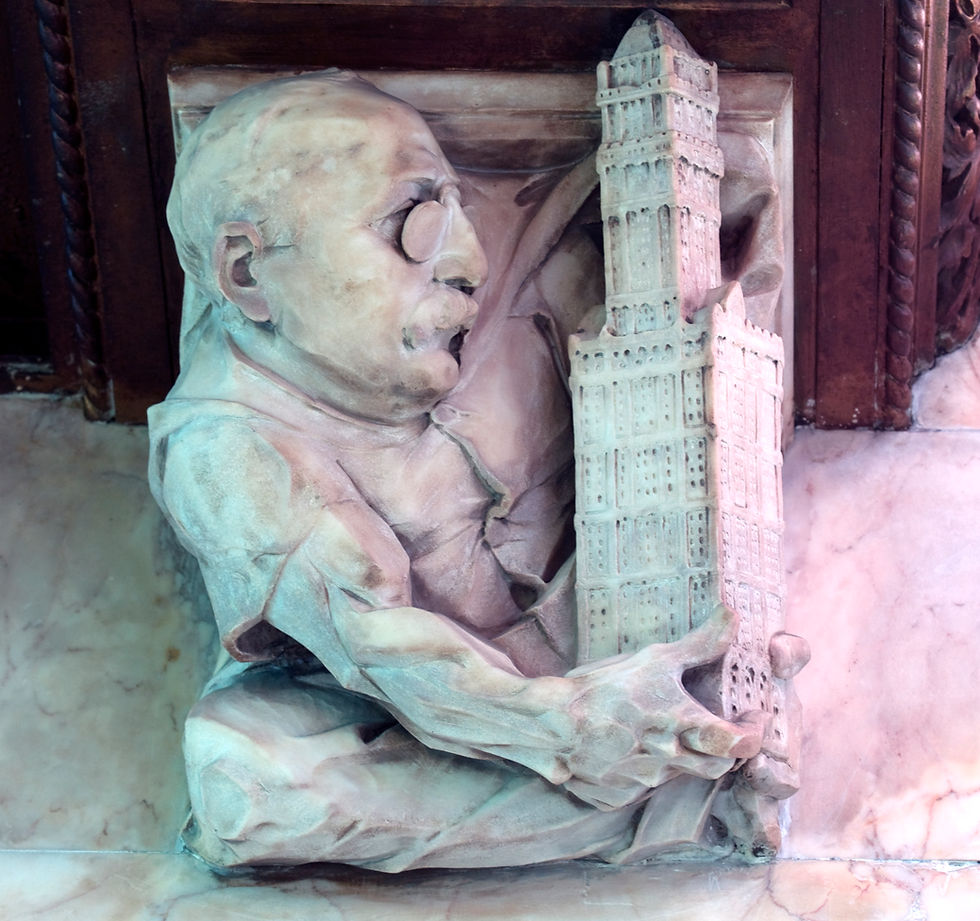Chapter: Closed Borders, Human Rights, and Democratic Legitimation
- May 31, 2010
- 1 min read
Updated: Jun 22, 2021
Arash Abizadeh. “Closed Borders, Human Rights, and Democratic Legitimation.” In Driven From Home: Human Rights and the New Realities of Forced Migration. Ed. David Hollenbach. Pp. 147-66. Washington, DC: Georgetown University Press, 2010.
Abstract: Critics of state sovereignty have typically challenged the state’s right to close its borders to foreigners by appeal to the liberal egalitarian discourse of human rights. According to the liberty argument, freedom of movement is a basic human right; according to the equality or justice argument, open borders are necessary to reduce global poverty and inequality, both matters of global justice. I argue that human rights considerations do indeed mandate borders considerably more open than is the norm today but that, no matter how radical in its critique of state sovereignty, human rights discourse fails to address a crucial feature of this ideology. It is not enough to engage in a substantive moral argument about what the state’s moral duties are. One must also address the procedural political question of who has the legitimate authority to decide what rights and duties to act on in cases of disagreement. In addition to human rights discourse, I argue, border activists must also draw on the challenge posed to the doctrine of state sovereignty by the democratic theory of popular sovereignty. According to democratic theory, the people subject to the state’s coercive exercise of political power, and not the state itself, is ultimately the sovereign arbiter of political questions. And because foreigners are subject to the state’s border laws, democratic theory requires granting them a participatory say in setting those laws.
(c) 2010 Georgetown University Press
[German translation available here]




Comments